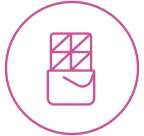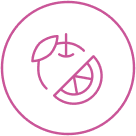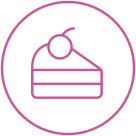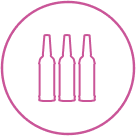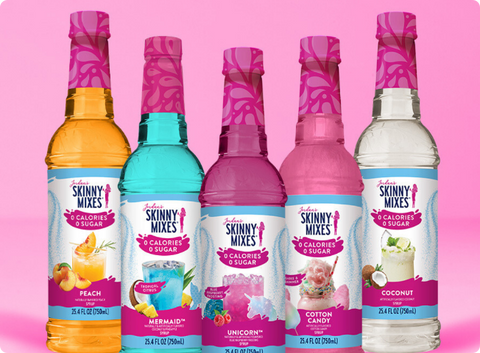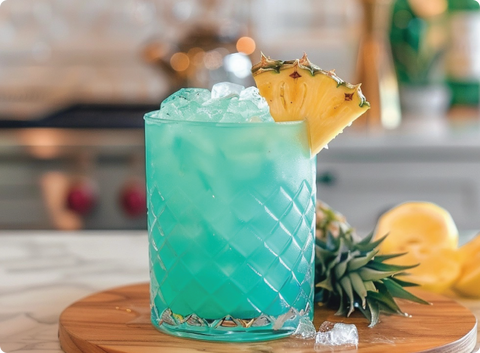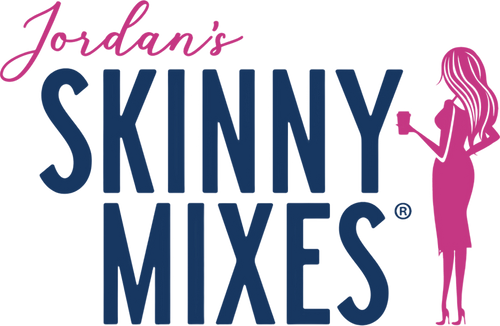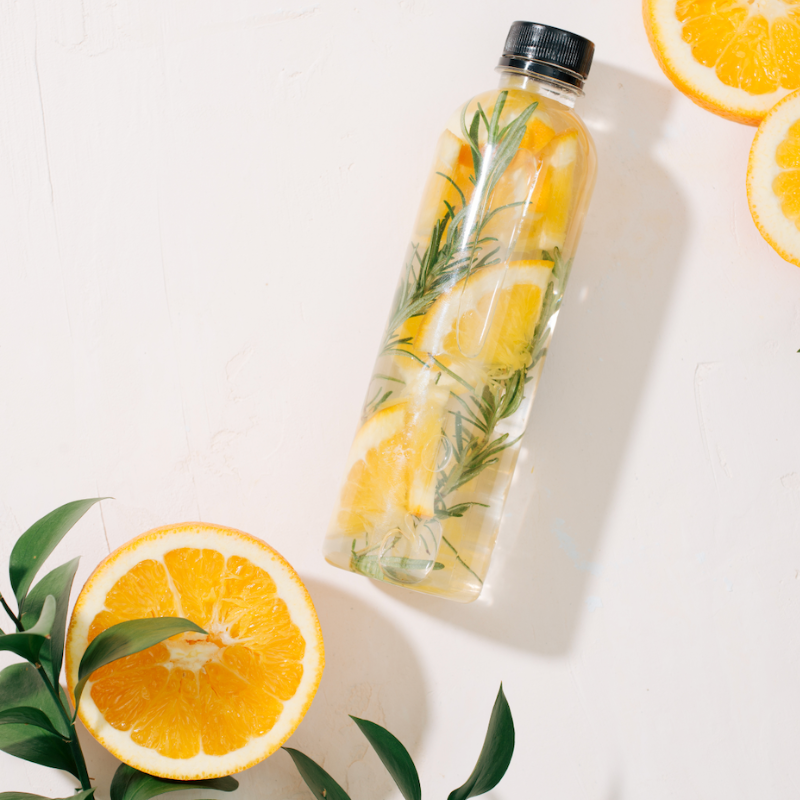What Counts as Water Intake Per Day?


Water is essential for our bodies to function properly. It helps regulate body temperature, lubricate joints, transport nutrients, and flush out waste products. Staying hydrated is crucial for overall health and well-being, but what exactly counts as water intake per day?
While plain water is the best and most direct source of hydration, other beverages and foods can contribute to your daily water intake. In fact, about 20% of our daily water intake comes from food. Fruits and vegetables with high water content, such as watermelon, cucumbers, oranges, and strawberries, can provide a significant amount of hydration. Soups and broths are also good sources of water, as they typically have a high water content.
So, what counts towards your water intake?
When it comes to beverages, water should be your primary choice for hydration. It is calorie-free, sugar-free, and doesn't contain any additives. The general recommendation is to aim for eight glasses of water per day, which is about 64 ounces or approximately 1.9 liters. However, individual needs can vary based on factors such as age, weight, activity level, and climate.
Other beverages can contribute to your overall water intake, but it's important to consider their impact on hydration. Caffeinated beverages, such as coffee and tea, do provide some water, but they can have a mild diuretic effect, causing increased urine production. However, the diuretic effect is minimal, and the water content in caffeinated beverages still contributes to your overall hydration. It's important to note that excessive consumption of caffeinated beverages may lead to increased fluid loss, so moderation is key.
Alcoholic beverages, on the other hand, can have a more significant diuretic effect and increase fluid loss. Consuming alcohol can cause increased urine production, leading to dehydration if not balanced with adequate water intake. It's crucial to drink water alongside alcoholic beverages to stay hydrated and minimize the effects of dehydration.
Sports drinks and electrolyte-enhanced beverages can be useful in certain situations, such as prolonged or intense physical activity, as they provide hydration and replenish electrolytes lost through sweat. However, for everyday hydration, plain water is typically sufficient unless you engage in rigorous physical activity or experience excessive sweating.
Sugary drinks like soda, fruit juices, and energy drinks should be limited due to their high sugar content and potential negative health effects. While they do provide some hydration, the added sugars can lead to weight gain, increased risk of chronic diseases, and even tooth decay. If you choose to consume these beverages, do so in moderation and consider them as occasional treats rather than a primary source of hydration.
Looking for an alternative to plain water but don’t want to add sugar, calories and carbs? That is where Skinny Mixes shines! Our Sugar Free Flavors are perfect for flavoring water and are all 0 sugar, 0 calorie and 0 carbs. The perfect way to get creative with your #WaterGoals!
In summary, water is the best and most direct source of hydration. Aim for eight glasses of water per day as a general guideline, but listen to your body's signals of thirst and adjust your intake accordingly. Remember that other beverages and foods can contribute to your overall water intake, with fruits, vegetables, and soups being good sources. While caffeinated and alcoholic beverages can have a diuretic effect, they still provide hydration, and moderate consumption can be included in your daily intake. Be mindful of sugary drinks and prioritize water as your primary choice for hydration. Stay hydrated, stay healthy!









